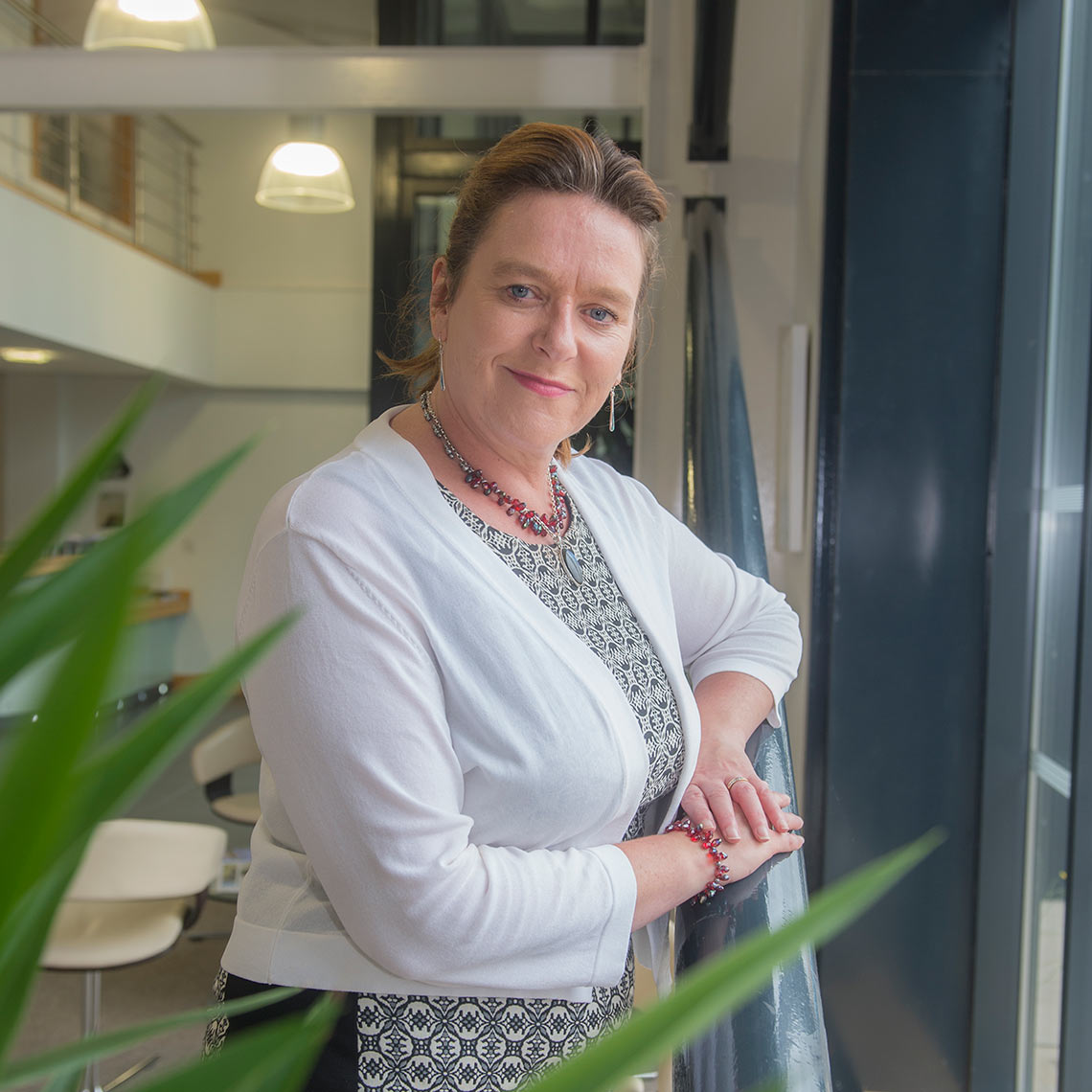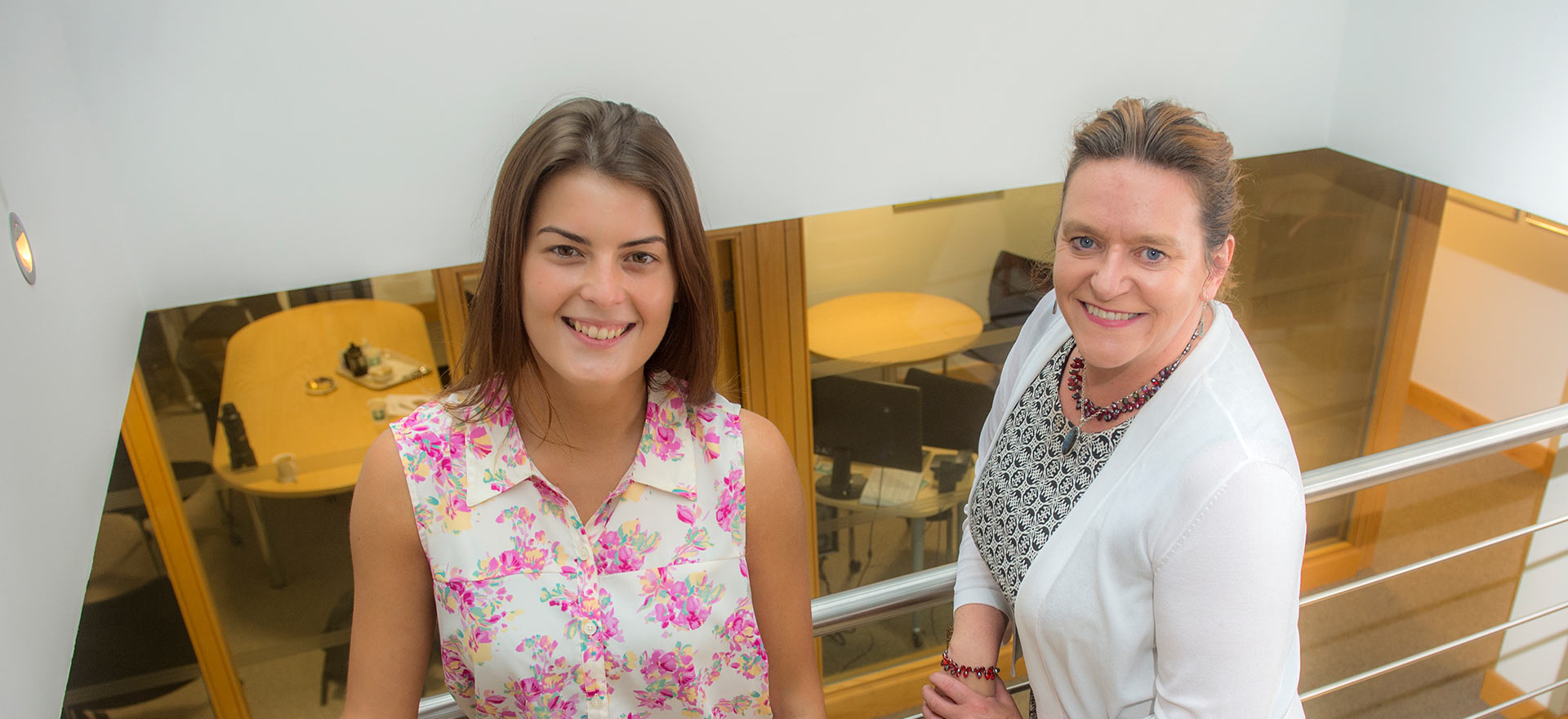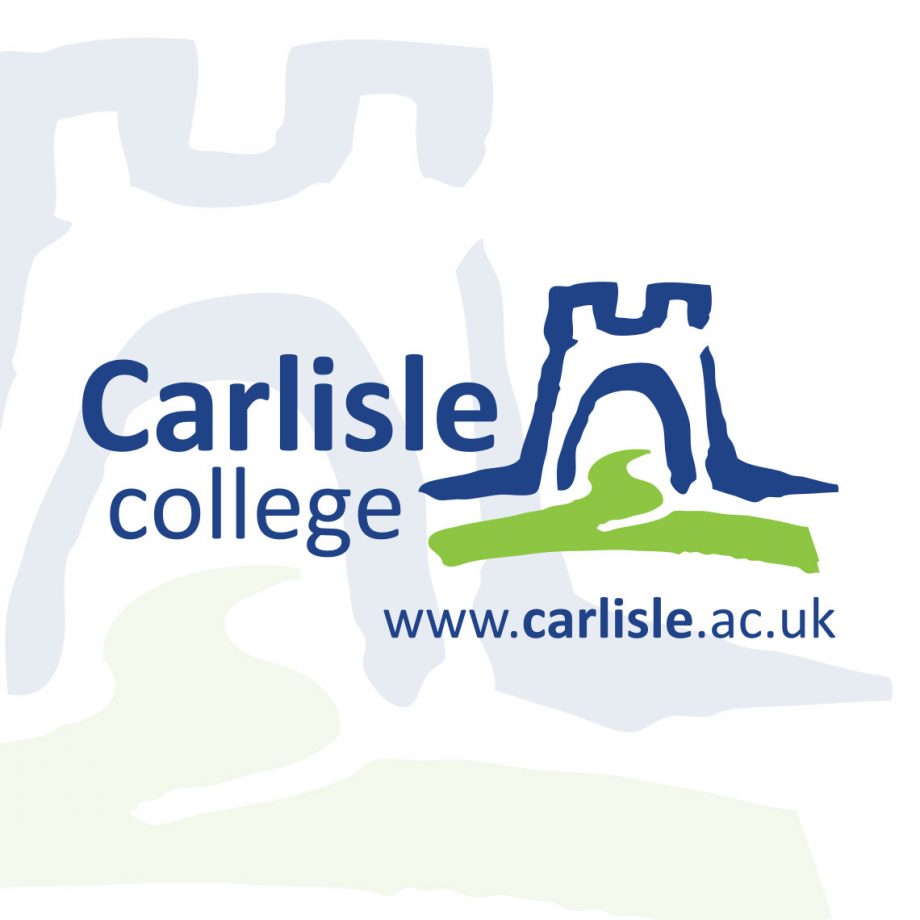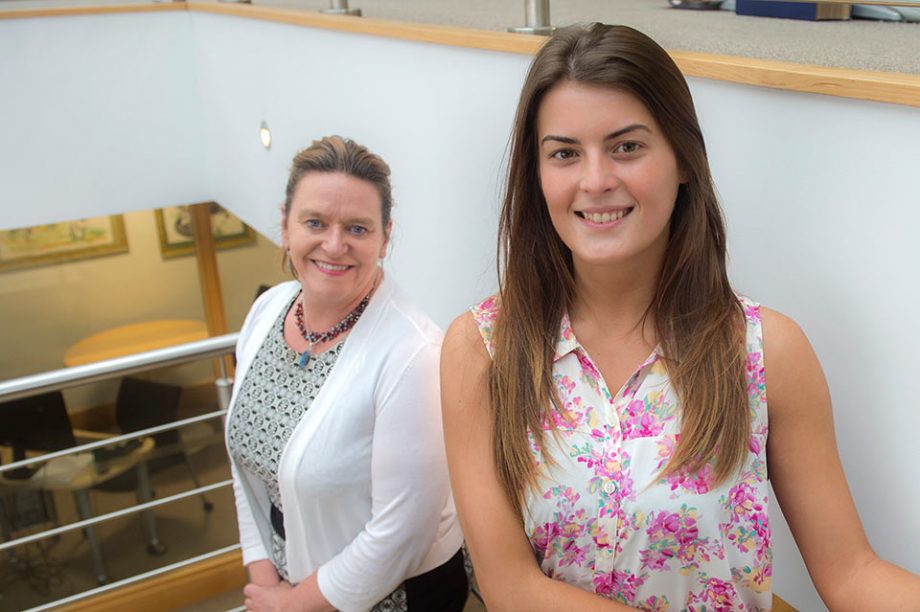
Why taking a proactive approach to staff training and development rewards forward thinking businesses.
When Dodd & Co was founded over 35 years ago, the Carlisle-based accountancy firm recognised right from the start how important staff training and development would be to the business. Staff partner Alison Johnston is perhaps more interested than most in this policy, having been one of the first school leavers to be taken on as a “Doddie” trainee, back in 1986.
“The company realised early on that it was important to put a proactive recruitment and training policy in place, because if you haven’t got a trained workforce you can’t do your job,” she says.
“I came straight from school having completed my A-levels and was employed as a trainee chartered accountant. It’s a route that many have followed since. And while funding that in-house training may have affected our bottom line, in the long term we think it has brought significant benefits to the business.”
Today Dodd & Co has a staff of 150 split across the main headquarters in Rosehill and a second office in Penrith. Of these, Alison estimates more than 80 per cent have received some form of training through the company. On average Dodd & Co takes on five or six Association of Accountancy Technician (AAT) apprentices each year, plus two chartered accountancy trainees.
“That’s why we spend so much time and effort training our staff and getting the word out that we are here. And on a personal level, I want to give young people the same chance to have a great career, locally, that I was given.”
More than 80 per cent of Dodd & Co’s staff has received some form of training through the firm. On average, it takes on five or six Association of Accountancy Technician (AAT) apprentices each year, plus two chartered accountancy trainees.
Accountancy, though, is just one part of the business: Dodd & Co also specialises in everything from business advice, tax and financial services to small business support, pension auto enrolment and corporate services. Training is provided in all these disciplines.
“It’s up to the individual what sort of course they do. For people who want to do a less intensive course, they have the option of doing distance learning at their own pace.”
“Understanding the needs of both the employer and the student is at the heart of what we do.”
David Mandel, AAT Course Tutor, Carlisle College
David Mandle is the AAT course tutor at Carlisle College, and has worked with Alison and the team at Dodd & Co for the last 20 years.
“Understanding the needs of both the employer and the student is at the heart of what we do,” he says, “It’s a two-way street and the company’s input is equally important. It gives us a really solid relationship, which is crucial to achieving the goals that we set for ourselves.
“For example, Dodd & Co say that they want to develop training for iCloud accounting, which they have identified will be an important aspect of their business in the future.
“From a personal point of view it’s great to see that some of my former students are now accounts seniors and mentoring new students. Dodd & Co does that really well; they have a great support mechanism.” One of the most recent recruits is 23-year-old Marketing Assistant Rebecca Ferguson, who joined Dodd & Co at the end of last year. After leaving school Rebecca decided she didn’t want to go to university, but instead to pursue a career straight away starting with her first job in a local Wedding and Bridal wear shop.
“One of my friends who worked at Dodds said there was a job going in the marketing department, and because I’d always been interested in organising events I thought I’d give it a go,” Rebecca says.
“I really got into it and right from the start I was involved in event management and writing press releases with the small marketing team here. The next step is finding a suitable marketing course which I can start on next term.” As Alison has mentioned, funding for in-house training is not cheap. And in April, when the government announced the introduction of an apprentice levy of 0.5 per cent of the annual pay bill of all businesses with wages in excess of £3m, a number of major firms flinched. However, the upside is that all employers will receive an annual allowance of £15,000, to be offset against the levy whether they pay it or not.
“A lot of people are talking about it being negative for business, but when you’ve spent the money on training that we have over the years it is very advantageous,” Alison says. “Effectively you are getting 90 per cent of an apprentice’s training funds back off the government.”
While the team at Dodd & Co works closely with Carlisle College to select technical and vocational courses, so-called softer skills courses are designed in-house. “These are more concerned with attention to detail in the workplace to ensure that customer care is the very best it can be. We call it ‘sweating the small stuff’. “Even this has tangible benefits because if we are looking after our clients properly, then everything else fits into place, and in a competitive market anything that gives you an edge is an advantage. “And training gives people an incentive to stay. We recently did a staff survey which revealed that the opportunity to progress in the business was a high priority for everyone.”
Dodd & Co remains proactive when it comes to recruitment. Alison herself takes a leading role when it comes to getting out and about in the local community to spread the word about a career in accountancy.
In recent months she has held mock interviews for Year 10 pupils at Nelson Thomlinson School in Wigton and taken part in a careers event at Richard Rose Academy in Carlisle. Dodd & Co also regularly attends the annual Carlisle Skills Fair.
“Some accountants are secretive about what they do, but we like showing off!” Alison laughs. But there is a serious side to this activity, one which was identified more than 35 years ago when Dodd & Co first opened for business. “There is a danger of a skills shortage in accountancy, just as there is in any other business in this area. Some businesses have no succession planning at all, which means that one day they won’t have the workforce to do the job.
“That’s why we spend so much time and effort training our staff and getting the word out that we are here. And on a personal level, I want to give young people the same chance to have a great career, locally, that I was given.”
Training gives people an incentive to stay. We recently did a staff survey which revealed that the opportunity to progress in the business was a high priority for everyone



